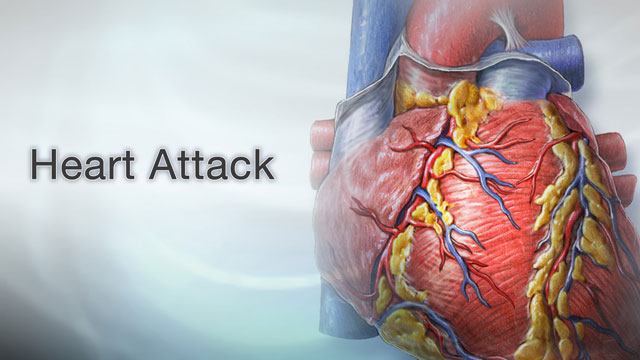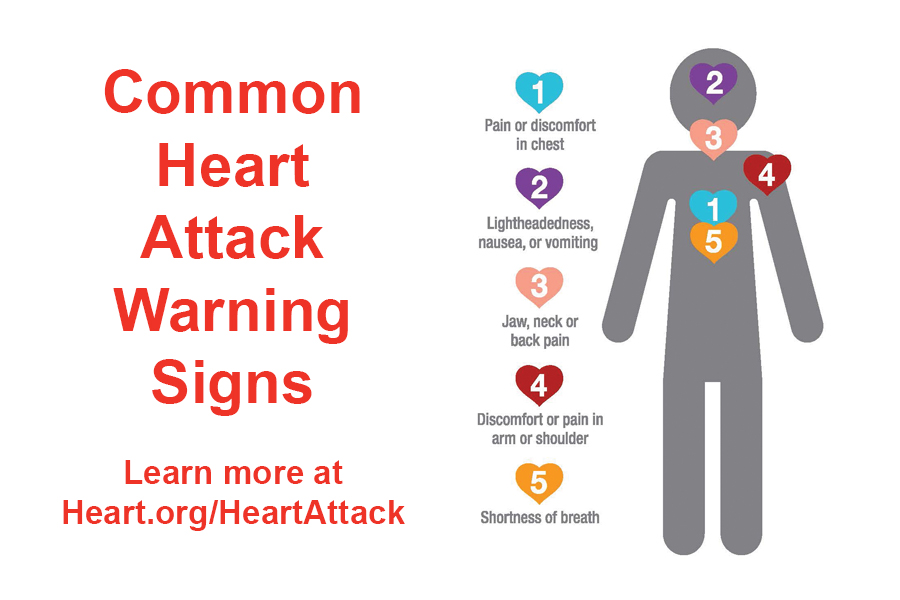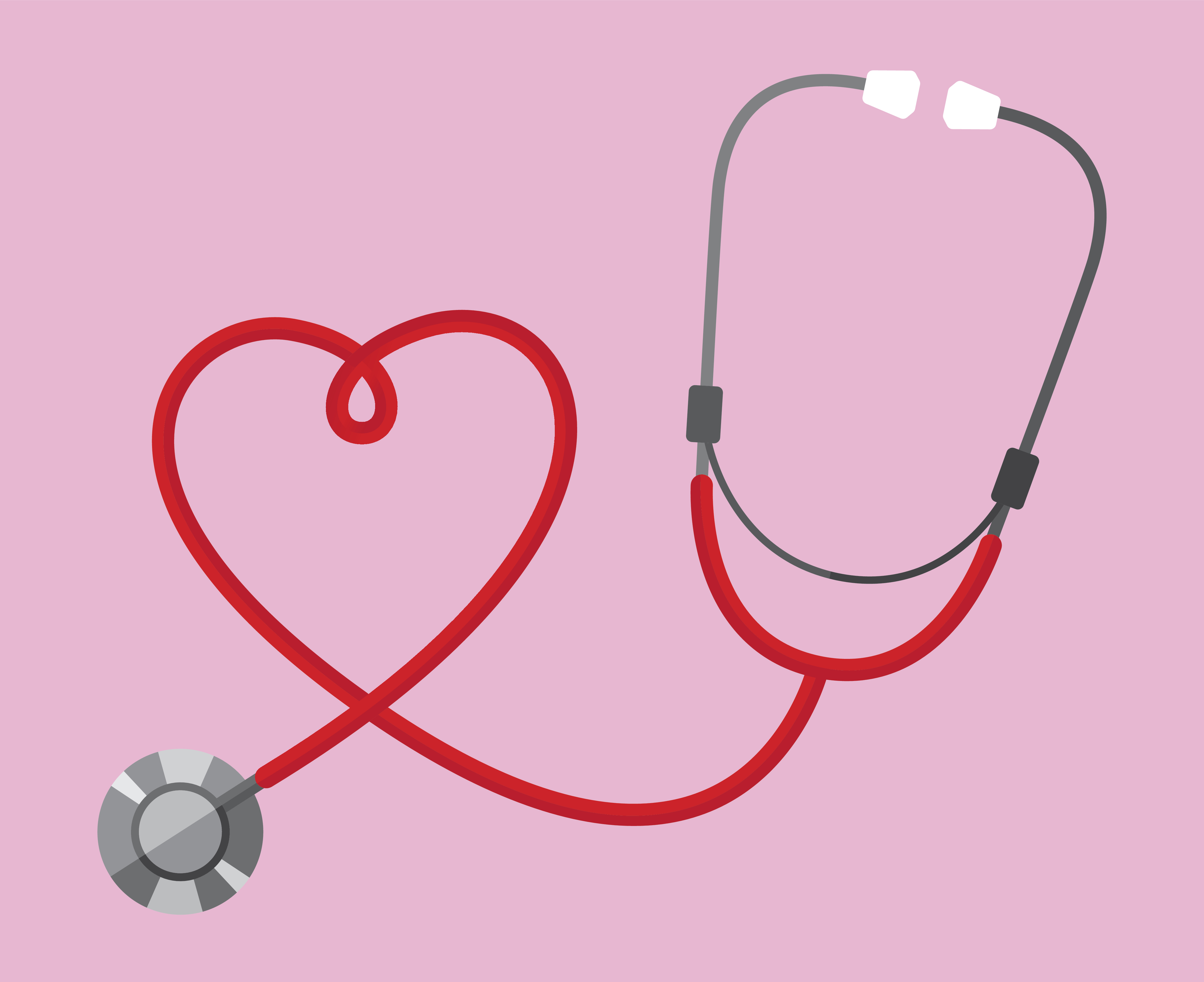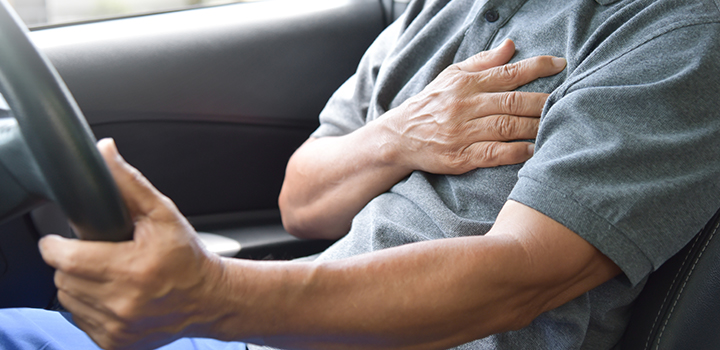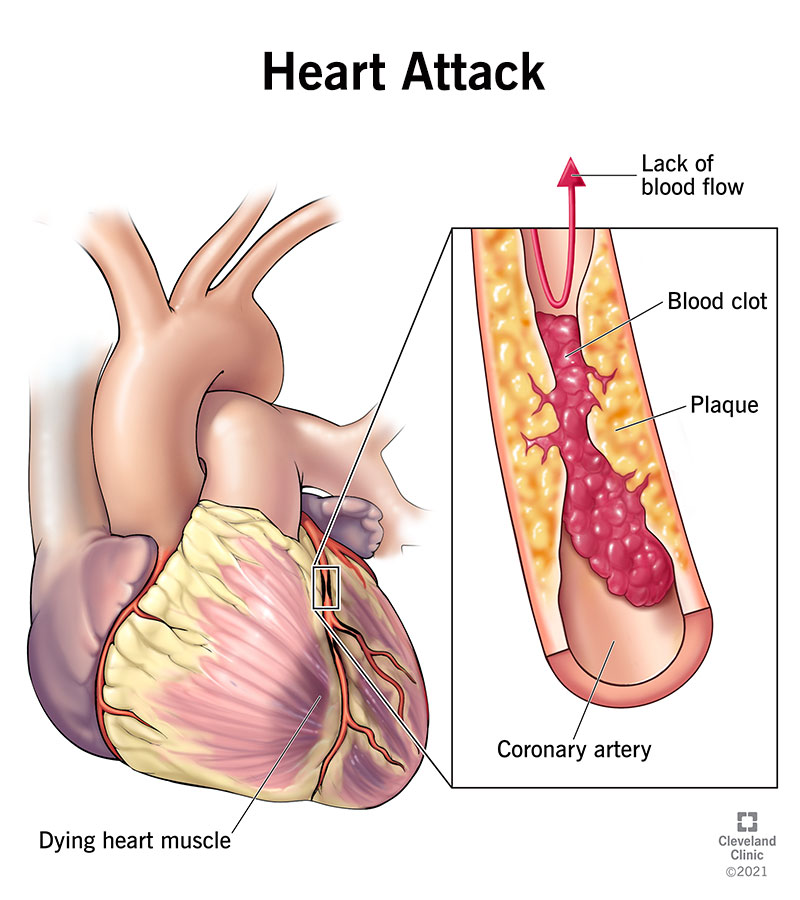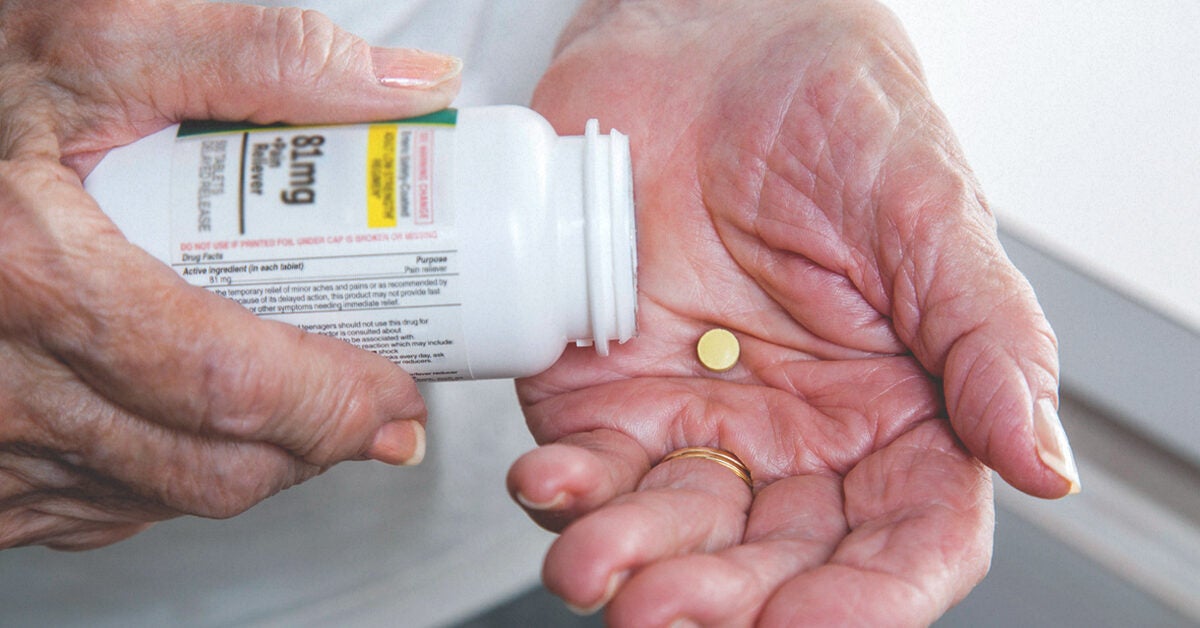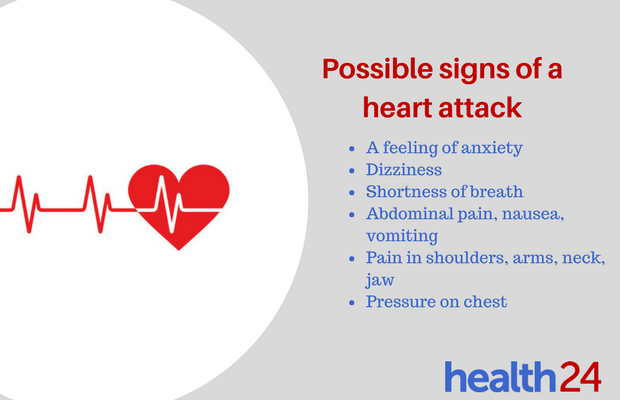Real Info About How To Deal With Heart Attack
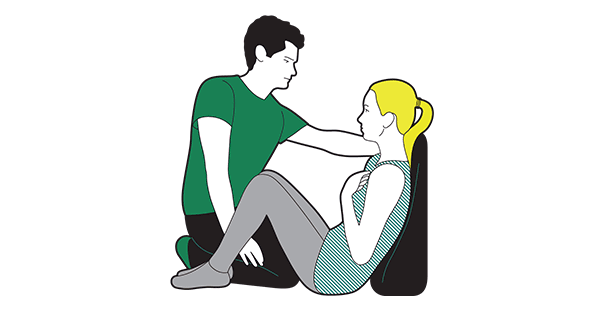
So, whenever you or someone you know to experience any of the symptoms related to a heart attack or any other medical emergency, give a call to emergency services or if you can, bring.
How to deal with heart attack. When you find the first sign of heart attack, call the cardiologists orange. This is the basic procedure to help a person suffering from a heart attack. If you are having a heart attack.
In addition, chronic stress can also. If you have a heart attack, you need to take the quick treatment action. Regular exercise helps improve heart muscle function after a heart attack and helps prevent a heart attack by helping you to control your weight, diabetes, cholesterol and.
Don't ignore the symptoms of a heart attack. Learn first aid for someone who may be having a heart attack 1. However, a small study published in 2002, dubbed sadhart, suggested that zoloft could safely treat depression after a heart attack and might be good for the heart to boot.
What to do when you have a heart attack: If you are experiencing any of the above heart attack symptoms, do not wait; Ad find tips to help you recover & live a healthier lifestyle.
“the most effective treatment for a heart attack is a heart catheterization, at which time the blocked blood vessel can be opened with a balloon and a stent placed to keep the. When we experience stress, our heart rate, and blood pressure increase. This puts added strain on our cardiovascular system and can lead to a heart attack.
A few weeks later, on june 16, hiles suffered a heart attack and died in an engine room on a bnsf freight train somewhere between kansas city, mo., and fort madison, iowa —. If you can, firmly pump the area of the chest where the heart is located with. Studies have shown that returning to normal activity and seeing the progress of other people recovering from a heart attack significantly improves mood and confidence.
Time is of the essence. Ad find tips to help you recover & live a healthier lifestyle. What to do if you or someone else may be having a heart attack call 911 or your local emergency number.
Regular exercise actually lowers your chance of having a heart attack or cardiac arrest, and that’s true even if you have heart disease or had a previous heart attack. Stop any exercise immediately and see a doctor if you experience any symptoms of a heart attack or stroke, like lightheadedness, nausea and vomiting, or chest pain. If you hesitate, it may.
If possible, you should remain still to avoid overworking the already exhausted heart muscle. Try forceful coughing or cough cpr (cardiopulmonary resuscitation) even though, the american heart association does not recommend this method in absence of medical supervision, you.
